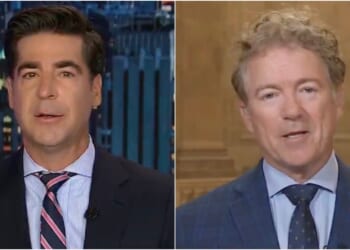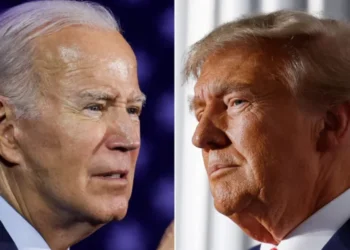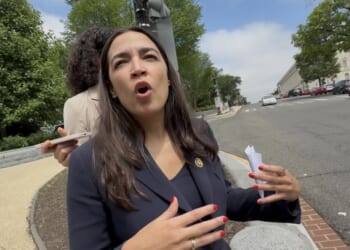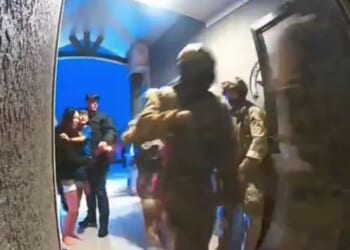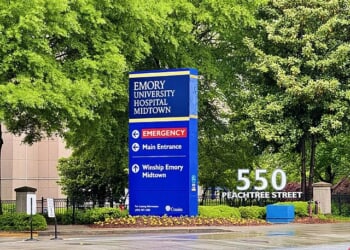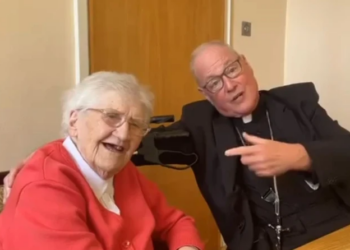After decades of insurgency, the PKK plans to disarm and disband. Although skepticism still remains over Kurdish gains, lasting peace, and implications for affiliated groups in Syria.
For forty years, the Kurdistan Workers’ Party (PKK) has sought to secure a Kurdish Homeland. However, on Monday, the militant group, which has been labeled a terrorist organization, announced that it will end its war against NATO member Turkey.
At the same time, it will disarm and even disband.
It would mark the “end of one of the longest insurgencies in the Middle East,” The Associated Press reported.
At the same time, it “could have a significant impact in Turkey, Syria, and Iraq.” All three nations have sizeable Kurdish populations. Though PKK leader Abdullah Ocalan, who remains in a Turkish island prison, called upon the group to disband in February, the news of its disarmament comes days after it convened a party congress in Iraq.
Ocalan, who is seventy-six and has spent nearly twenty-five years in prison, continues to maintain a high level of influence in the Kurdish community. After four decades of fighting, more than 40,000 people have been killed.
Turkish President Recep Tayyip Erdogan was quick to welcome the news.
“With terror and violence being completely disengaged, the doors of a new era in every area, namely strengthening politics and democratic capacity, will be opened,” Erdogan told reporters on Monday.
“The winners will be our people, country, and siblings in our region.”
The PKK was founded in 1978 and began an armed insurgency against Turkish military infrastructure in 1984. It has been labeled a terrorist organization by much of Europe and the United States. It has also drawn scrutiny for its efforts.
“Amnesty International accused the group of harming rural Kurdish communities due to its activities in the 1990s,” The Guardian explained.
Is This a Victory for the Kurdistan Workers’ Party?
The group announced a unilateral ceasefire in early March, while the Turkish government has since said the declaration should apply to any PPK-affiliated groups, including those now operating in Iraq, Syria, and even Europe.
It remains unclear what the Kurdish people will receive if the PPK is permanently disbanded and disarmed. There have been calls for Ocalan’s release, but if and when that could happen, they are now among the unknowns.
Ocalan has been held in a high-security prison near Istanbul since he was captured by the Turkish military in 1999.
The Kurdish community could likely receive some concessions in Turkey, and that could also include release or amnesty for some imprisoned Kurdish politicians. Still, previous peace efforts have failed.
The decision to disband and even disarm comes as the PPK was pushed into a corner and, in some cases, out of the country to neighboring Iraq.
However, not every Kurd is likely to lay down their arms.
Are the Kurdish People Willing to Keep Fighting?
According to the AP, “The leader of the U.S.-backed Kurdish-led Syrian Democratic Forces previously said Ocalan’s call for a dissolution does not apply to his group in Syria. The group then agreed with the central government in Damascus for a nationwide ceasefire and its merger into the Syrian army.”
Though Kurds have no majority population in any country and no homeland of their own at present, they are the most significant minority in Turkey, making up between 15 and 20 percent of the population. Significant Kurdish populations are in northern Syria, Iraq, and Iran.
About the Author: Peter Suciu
Peter Suciu has contributed over 3,200 published pieces to more than four dozen magazines and websites over a thirty-year career in journalism. He regularly writes about military hardware, firearms history, cybersecurity, politics, and international affairs. Peter is also a Contributing Writer for Forbes and Clearance Jobs. He is based in Michigan. You can follow him on Twitter: @PeterSuciu. You can email the author: [email protected].
Image Credit: Shutterstock/ Sebastian Castelier.


